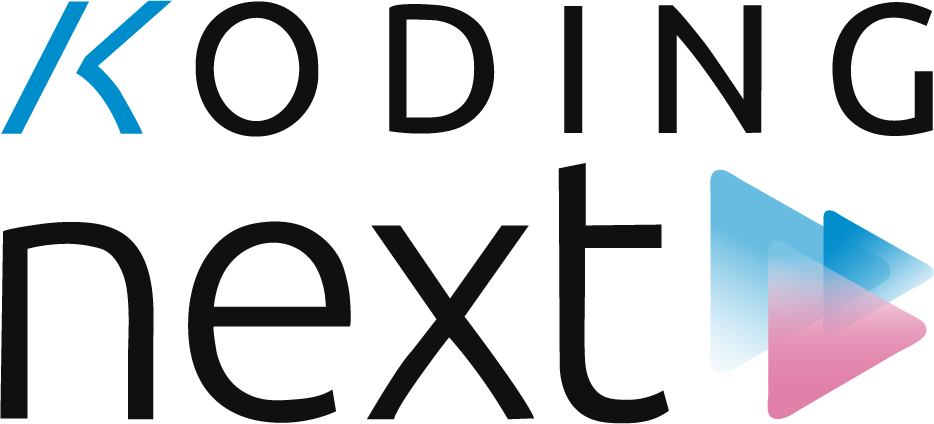Python for Kids: A Fun and Engaging Introduction to Coding
- Aprilia Putri Sandora
- Oct 22, 2024
- 4 min read
Python for Kids - In today’s tech-driven world, learning to code has become a crucial skill for children. Coding is no longer just for computer scientists or software engineers—it's a tool that encourages creativity, problem-solving, and critical thinking. And one of the best languages for kids to start with is Python. But why Python? In this article, we’ll explore why Python is a great choice for kids and how it makes learning coding both fun and engaging.
Why Choose Python for Kids?

Python is widely known for its simplicity and readability, making it the perfect language for beginners—especially children. Here are a few reasons why Python is ideal for young learners:
Easy to Read and Write Python has a simple syntax that mimics the English language, making it easy for kids to read and write. Unlike other programming languages that are loaded with complex symbols and rules, Python is intuitive. This means that children can focus more on learning coding concepts rather than getting bogged down by confusing syntax.
Versatility and Real-World Applications Python is used in a variety of fields—web development, game design, data science, artificial intelligence, and more. By learning Python, kids get exposed to coding in real-world contexts, allowing them to explore a wide range of interests, whether they want to create games, build apps, or even work with robots.
A Supportive Community Python boasts a vast and active online community that provides countless tutorials, forums, and resources. For parents and kids alike, this means there's always help available when they need it, making the learning process more enjoyable and less frustrating.
Fosters Creativity and Problem-Solving Python encourages kids to experiment and build projects that spark their curiosity. Whether they’re designing a simple game, automating tasks, or creating digital art, Python allows them to bring their ideas to life. This creative freedom, combined with coding's logical structure, helps kids develop critical thinking and problem-solving skills in a hands-on way.
The Benefits of Learning Python for Kids

Introducing Python to kids opens up a world of opportunities. The benefits go far beyond simply learning to code:
Boosts Academic Performance Coding helps children improve their math, logic, and analytical skills. Python’s easy-to-understand syntax makes it an excellent tool for enhancing computational thinking, a skill that can improve academic performance across subjects like mathematics and science.
Prepares Them for the Future As we continue moving toward a more tech-centric future, coding is becoming an essential skill. By learning Python early on, kids are not only getting a head start on a future career but also equipping themselves with the skills needed for various tech-related jobs in the future.
Encourages Lifelong Learning Learning Python can spark a child’s interest in tech and learning in general. When kids see that they can create games, solve problems, and bring their ideas to life, they’re likely to be motivated to explore more complex coding languages and fields like machine learning, robotics, or even entrepreneurship.
Develops Soft Skills While Python teaches hard technical skills, it also promotes collaboration, creativity, and perseverance. Many coding projects are best tackled in teams, allowing children to develop teamwork and communication skills that will benefit them in both personal and professional settings.
Fun Python Projects for Kids

The best way to learn Python is by building fun, hands-on projects. Here are a few Python project ideas that are perfect for kids:
Simple Games Kids can start by creating simple games like "Rock, Paper, Scissors" or "Guess the Number." These projects help them understand basic Python concepts like loops, conditionals, and variables, all while having fun!
Chatbots Building a chatbot is an exciting way for kids to practice Python while exploring natural language processing. They can create their own virtual assistant or even a fun Q&A bot to entertain their friends.
Drawing with Turtle Graphics Python’s Turtle module allows kids to create digital drawings by writing simple Python code. This introduces them to coding concepts like loops and functions while letting their creativity shine through unique designs.
Mini Quizzes Designing a mini quiz is another great Python project for kids. They can choose a topic they’re passionate about, like science, sports, or history, and create an interactive quiz for their family and friends.
How Koding Next Helps Kids Learn Python

At Koding Next, we believe in empowering the next generation through coding education. Our Python courses for kids are designed to make learning to code enjoyable, accessible, and rewarding. Whether your child is completely new to coding or has some experience, our expert instructors guide them through the basics and beyond with interactive lessons and engaging projects.
With a focus on practical learning, Koding Next provides students with hands-on experience, building real-world projects from the very beginning. Our courses are structured to foster creativity, problem-solving, and collaboration—key skills for their future success. And with small class sizes, your child receives personalized attention to ensure they stay motivated and on track.
Ready to Get Started?

If you're looking for a fun and effective way to introduce your child to the world of coding, Python is the perfect place to start. At Koding Next, we offer a range of coding courses designed specifically for kids. Give your child the opportunity to learn Python, ignite their creativity, and prepare them for the future.
Enroll your child today at Koding Next and watch them embark on an exciting coding journey!




Comments